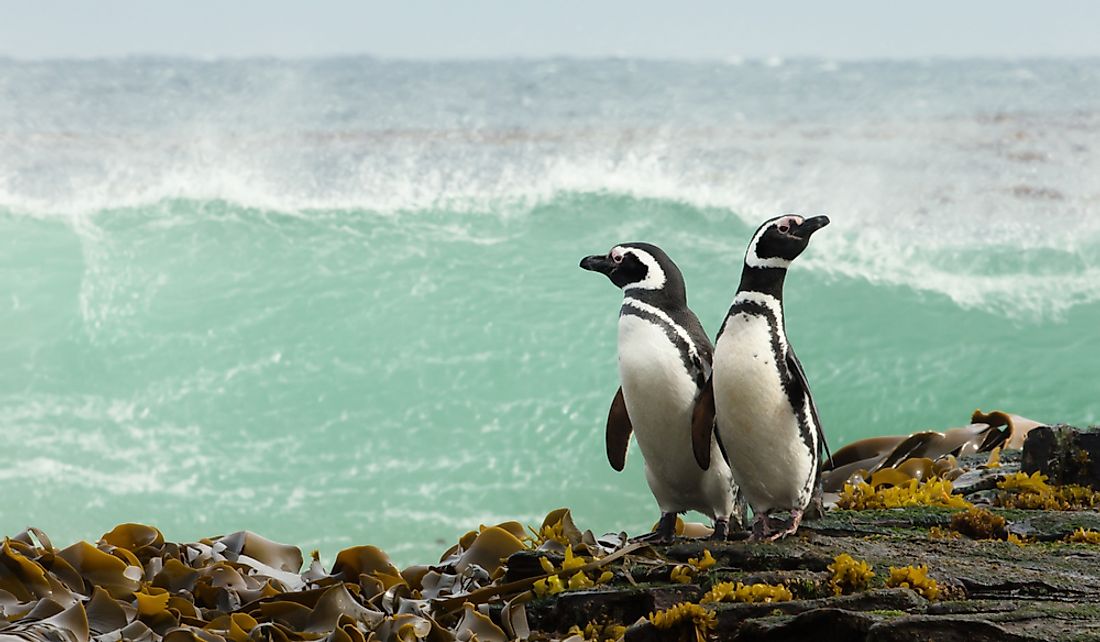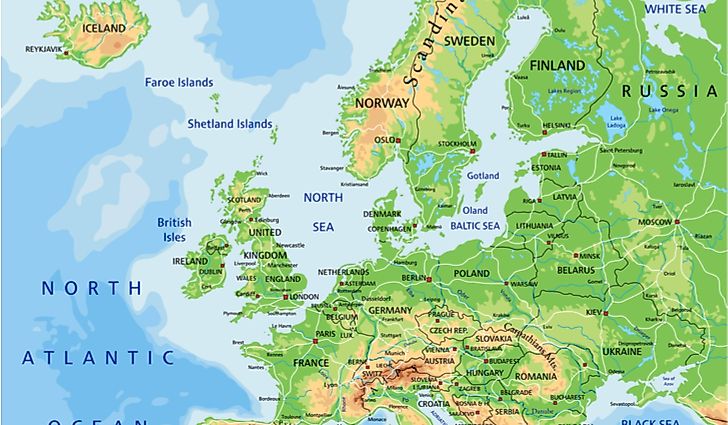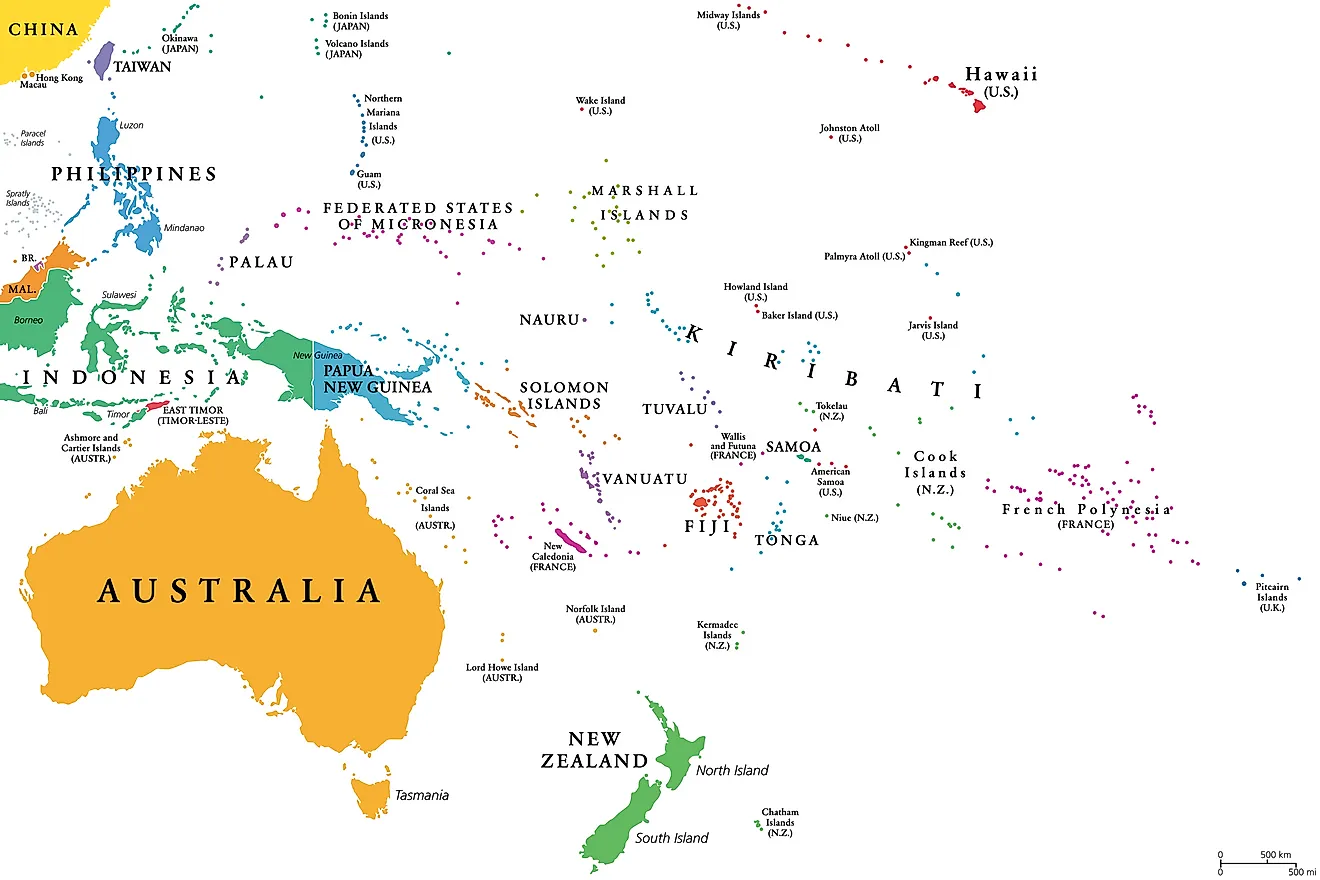How Long Do Penguins Live?

Penguins are flightless aquatic birds belonging to the family Spheniscidae and the order Sphenisciformes. Almost all species of penguins live in the Southern Hemisphere, with the exception of the Galapagos penguin, which lives in the Galapagos Islands on the equator. These aquatic birds normally have white and black bodies, while their wings are have evolved into flippers for swimming in water. Penguins spend about 50% of their lives in the water, while the remainder is spent on land. The lifespan of penguins varies by species. However, on average, most penguins live between 15 and 20 years.
Penguin Facts
In general, larger species of penguins live in the colder regions, while smaller ones primarily live in temperate zones. The largest species of penguins, the emperor penguin, can weigh up to 77 pounds and grow to a height of almost four feet. On the other hand, little blue penguins are the smallest, with an average weight of 2.2 pounds and a height of about 16 inches. A penguin's diet includes aquatic animals such as krill and squid. Currently, the number of extant penguin species is between 17 and 20, as the exact number remains under debate.
Lifespan of Penguins
The lifespan estimates of penguins in the wild are somewhat limited by a lack of data. Nevertheless, researchers have established that Magellanic penguins have the longest lifespans, which can be up to 30 years. In contrast, little blue penguins tend to have the shortest lifespan, with a life expectancy of only six years. These general estimates of lifespans in the wild are subject to a number of factors including access to food, the presence or absence of predators, and climatic conditions. Such factors are especially relevant to the survival of penguin chicks.
Penguins in captivity typically live longer than those in the wild. In captivity, penguins have better access to specialized care, protection, and healthy foods.
Climatic Conditions
Climatic conditions have a significant role on the lifespan of penguins and other animals in the wild. Since penguins live in different places around the world, the magnitude of the impacts of climate change also varies. However, experts have established that species living in the Antarctic Peninsula, such as the emperor penguin, will be severely affected in the future. In particular, species living in this region will be impacted by the melting of sea ice, which will result in reduced availability of food and a lower survival rate for chicks. For this reason, the average lifespan of between 15 and 20 years will likely change in the future.







